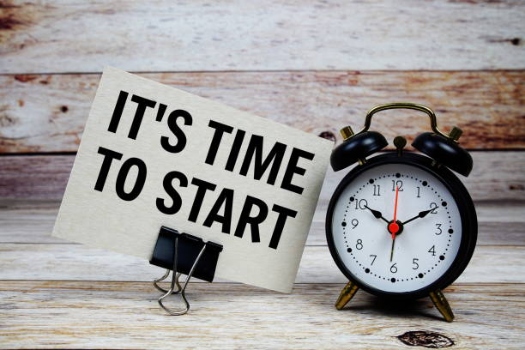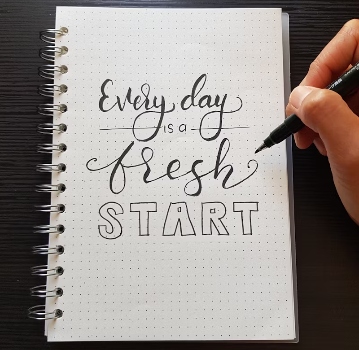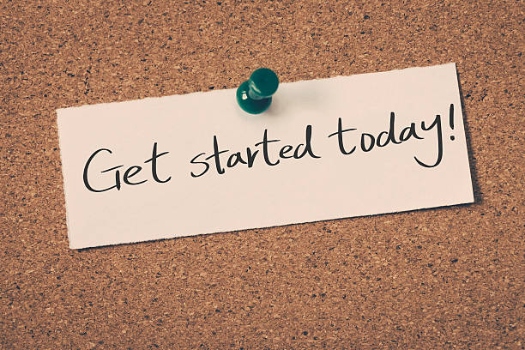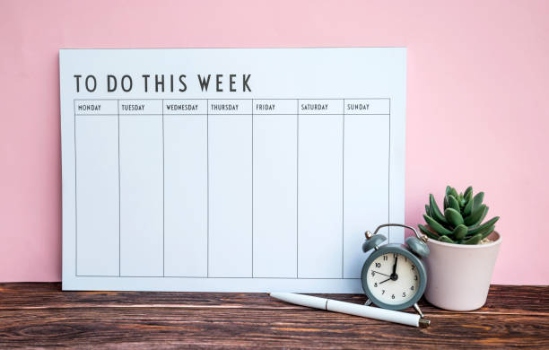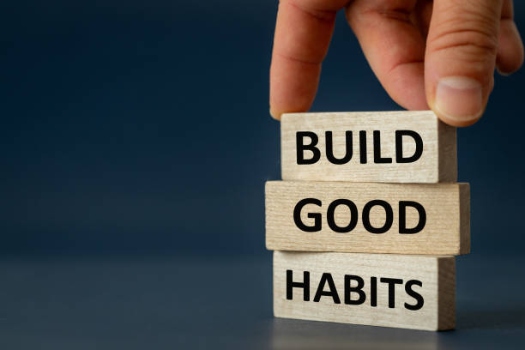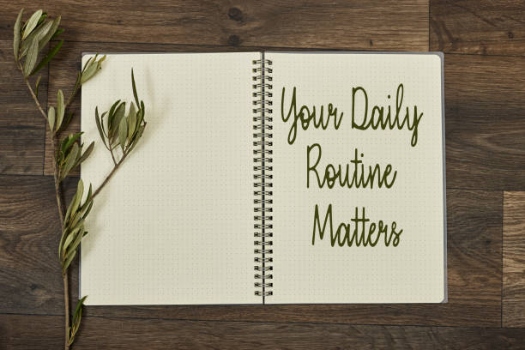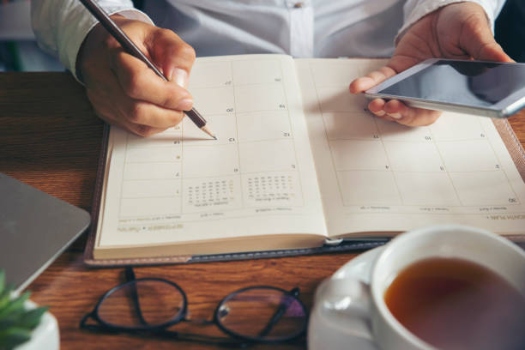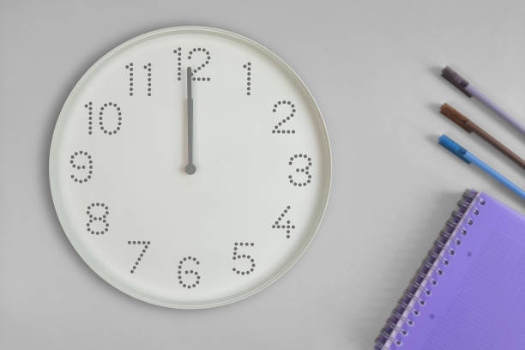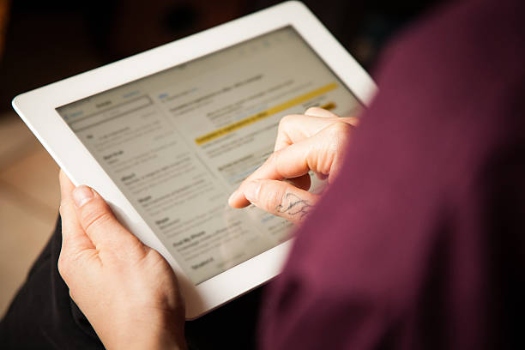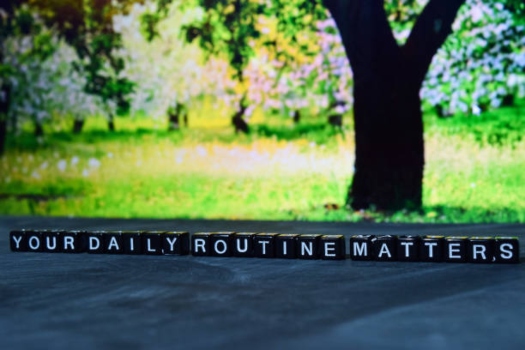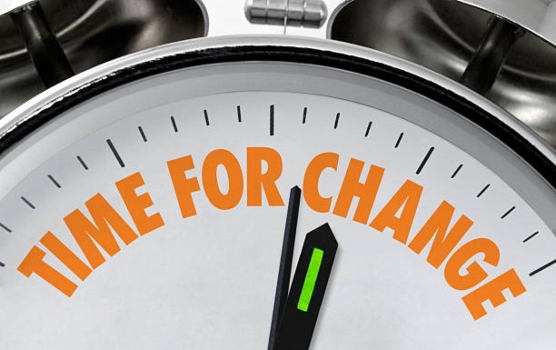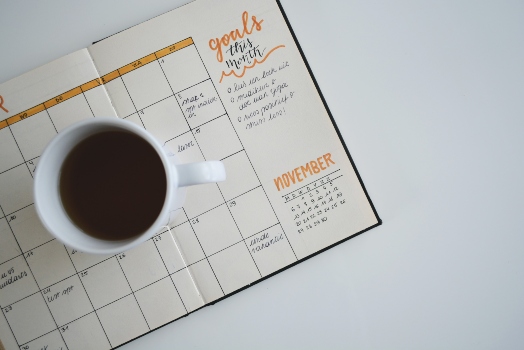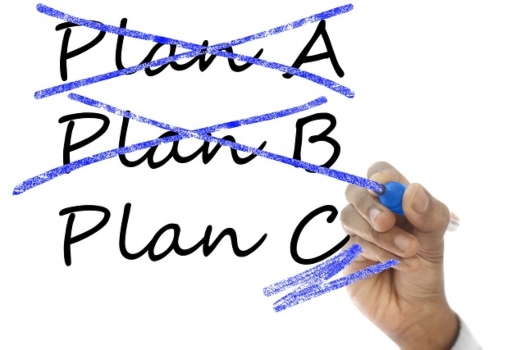Reminders Are a Big Part of This
Taking control of your life requires intentional action. Having a routine is a big part of that control.
The past several weeks we discussed routines and their importance in being productive. Last week we focused on my morning journaling. My routine includes reminders …. lots and lots of reminders. People that have seen my calendar and lists think I may be going a little overboard, and maybe I am. But it helps me be more productive.
It’s too easy for me to get sidetracked and forget things without reminders.
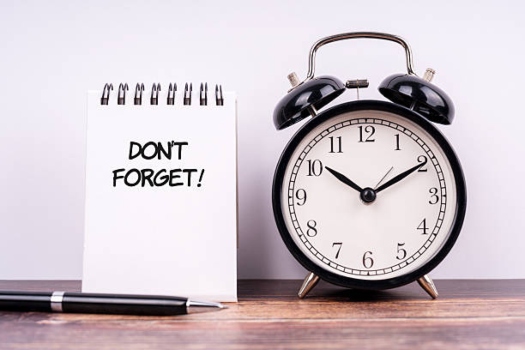
These reminders are on both my phone and computer and begin to remind me as soon as they are turned on or activated. These events are all recurring and are scheduled for every day with no end date.
The calendar reminders start with my Bible reading and prayer time which is scheduled for 6:00 AM, the reminder is set for 15 minutes before. Second is journaling at 6:30 AM with a reminder 15 minutes before. Third is getting ready at 7:00 AM with a 15-minute reminder. This includes getting dressed, packing lunch, and other miscellaneous things that need to be done before leaving home. Then comes my daily planning at 7:30 AM, also a 15-minute reminder.
Daily planning is where review and planning begin. Up to this point, the day-to-day routine doesn’t change much.
Daily planning is on my Outlook calendar and after I finish getting ready I open the event. In that event, there is a place for notes where I have a written plan with links (denoted below as link) to different OneNote pages that are action lists.

Here is how that plan looks:
Review Life Plan – Take a few minutes to review the 2025 Weekly Action Plan (link) and get a perspective on scheduling.
Open, review, and process emails – Go through and decide what to do with them.
If it doesn’t require action, I can:
- Trash it
- File it for future reference
If it requires action, I can:
- Respond if it takes less than a few minutes or add it to my task list to do later
- Defer it by scheduling a time on my calendar to deal with it
- Delegate it to someone else for action
Review to do lists – Both my Outlook task list (due today) and personal Action List (link) in One Note. Ask the question:
- What do I really need to accomplish today? If it’s a really important task, move it to my calendar and schedule it.
Review calendar – Note appointments and review preparation that needs done. Look at today on the calendar and review items that need to have preparation done or scheduling revisions.
Review action lists – Review my major projects and categories, consider the next actions required in each to keep things moving.
- Business Planning Action List (link)
- Admin Action List (link)
- Financial Action List (link)
- Production Action List (link)
- Sales Action List (link)
- Marketing Action List (link)
- Coaching & Consulting Action List (link)
Review delegated items – This is a list of items I have delegated to others and are important enough to track.
- If something is overdue, or if I need a progress report, I send an e-mail and nudge the person responsible.
- Put a note in the task itself that I sent a reminder.
I open this up and go down the list. Normally I can go through this process in 30 minutes if there aren’t too many things that deviate from the norm. Just like the journal that we looked at last week, I know that this seems like a lot. And it can be. But for me, it’s worth the time and effort if it helps me be more productive.

The most important thing is that you figure out what works for you to help you be more productive.
Next week, we’ll look at the Weekly Action Plan in more detail.
If you would like to know more about daily planning or building a routine to help you be more productive let us know in the comments or schedule a free 30-minute consultation.


